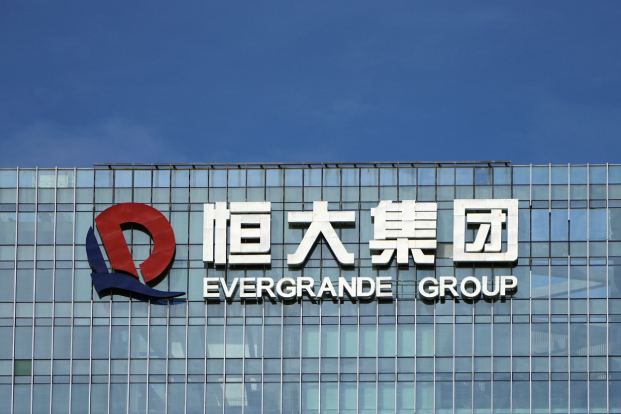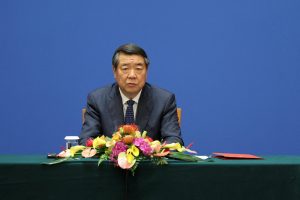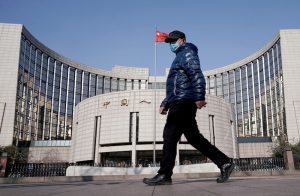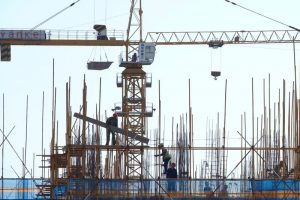The massively indebted developer China Evergrande and its offshore financing arm Tianji were declared on Friday to be in “selective default” by S&P Global Ratings.
S&P is the second major ratings agency to list the Shenzhen-based developer – said to have liabilities of more than $300 billion – in default, after Fitch made a similar announcement last week.
S&P said in a statement: “We lowered the ratings on Evergrande and Tianji following our assessment that the companies have failed to honour coupons beyond the grace periods for payments.
“The coupons were due on October 31, 2021, for US$14 million in private-placement bonds issued by Evergrande, and November 6 for the US$83 million US dollar bonds guaranteed by Tianji due in 2022 and 2023.
“We subsequently withdrew all our ratings on Evergrande and its subsidiaries Hengda and Tianji, at the group’s request.”
Its 2022 private US-dollar bonds were issued by Evergrande on April 30, 2019, while the 2022 and 2023 dollar bonds were issued on November 6, 2018 by Tianji’s special purpose vehicle and are guaranteed by Tianji, the agency said, noting that Tianji is an offshore financing platform for Hengda Real Estate, Evergrande’s real estate arm on the mainland.
“Evergrande, Tianji, or the trustee have made no announcement or any confirmation with us on the status of the coupon payments. However, widespread reports in the media from reputable outlets point to nonpayment of the Tianji coupons, and we assess these reports as convincing.
“In addition, we believe that Evergrande has also defaulted on the coupon of the 2022 private dollar bonds because the payment was due at around the same time. We don’t believe it’s possible for the group to make that coupon payment if it is not able to make the ones for the Tianji bonds.”
Risk Committee
Evergrande said last week it had set up a seven-member risk-management committee – with just two representatives from the company, including founder Hui Ka Yan, and five officials from state entities – to assist in “mitigating and eliminating the future risks.”
The provincial government of Guangdong said it would send a team to Evergrande at the developer’s request. Analysts said that signalled Evergrande would begin managed debt-asset restructuring.
The state officials are expected to prioritise social stability, which analysts have said is likely to mean that homebuyers, suppliers and employees will be favoured ahead of international investors, once debt restructuring gets underway.
The committee was said to be scrutinising the assets of China Evergrande and its founder Hui Ka Yan.
• By Jim Pollard
























